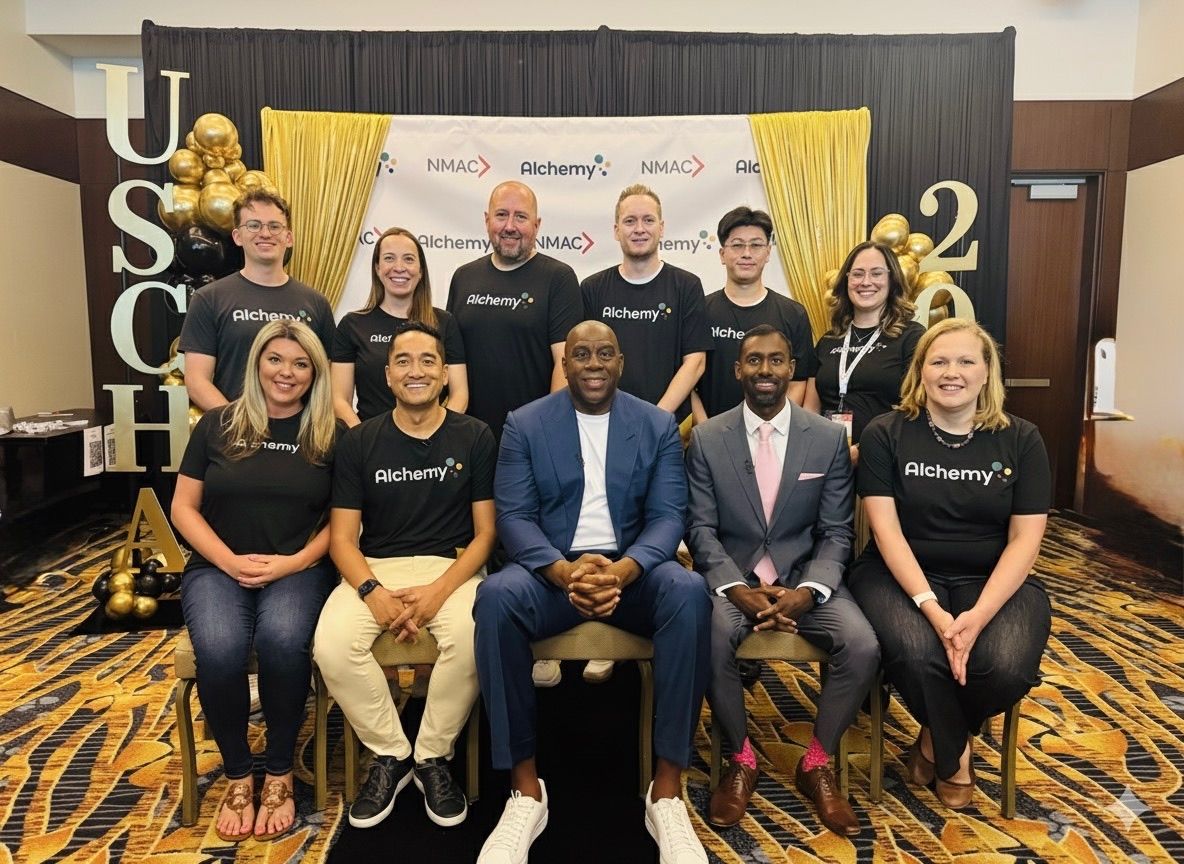The Center has been awarded $670,000 for the first year of a three year State Opioid Response (SOR) grant from Nevada’s Department of Health and Human Services, with Alchemy a sub-recipient of the award. The funding will support an innovative, peer recovery support specialist-led mobile clinic program designed to address the syndemic of HIV, Hepatitis C, and opioid use disorder in Southern Nevada.
The program brings critical health and harm reduction services directly to vulnerable populations who don’t typically access care within traditional clinic settings. The mobile clinic will regularly visit residential and outpatient rehabilitation centers, offering rapid HIV and Hepatitis C testing and, crucially, same-day treatment initiation. By starting treatment immediately, the program removes one of the biggest hurdles: linking people to care. Too often, hard-to-reach populations are lost to follow-up after a positive test. Barriers like transportation, insurance, or stigma frequently get in the way.
Nevada faces a serious substance use disorder epidemic, with the fifth-highest rate of reported illicit drug use in the U.S. Overdose deaths have surged 55% in the past five years, with more than 1,000 reported in 2022. In Clark County, the majority of overdoses occur near downtown Las Vegas, where The Center is located. Substance use is a primary vector for HIV and Hep C transmission. Nationally, nearly 70% of all new Hepatitis C cases are caused by injection drug use. Among people who inject drugs, 52.3% have been exposed to Hepatitis C, and 17.8% are infected with HIV. Yet, fewer than one in three addiction treatment programs offer on-site testing for either disease, creating a major gap in care.
The Center has already made significant progress. Through the grant, The Center has hired staff dedicated to the mobile unit, including a driver, community health worker, and a nurse practitioner. The mobile unit has been purchased and is being outfitted with critical equipment, including a Piccolo XPress machine for point-of-care diagnostics. This enables immediate confirmation of diagnoses and allows providers to start treatment on the spot. The mobile team includes a peer recovery specialist, community health worker, medical assistant, HIV advocate, and nurse practitioner, all working together to deliver integrated, client-centered services.
Partnerships are already in place with residential and outpatient rehabilitation centers, including Crossroads of Southern Nevada and Behavioral Health Group. Since testing began in November, more than 115 individuals have been tested through the program, with 8 confirmed Hepatitis C cases and 6 people successfully linked to care and on medication.
The Power of Partnership: How Alchemy Helps Bring the Mobile Clinic to Life
Alchemy is playing a hands-on role building the infrastructure that supports the program’s success. We’re developing a digital tool to track patients engaged through this program throughout their care journey. The system will integrate data from multiple sources, from outreach to clinical notes to pharmacy records, giving care navigators a real-time view of each patient’s progress. This unified system simplifies reporting, reduces data errors, and helps ensure no one falls through the cracks.
But our support goes beyond the tech. Alchemy co-designed the program’s clinical protocols, including selecting and implementing leading-edge diagnostics like the Piccolo Xpress for same-day lab results and treatment initiation. We led the drafting of the grant application, including KPIs, budgeting, and literature review. And we’re developing academic partnerships and securing IRB approval to support ongoing research and publication to ensure insights generated through this program can be replicated by others in the HIV community. This is what partnership means to Alchemy. Rolling up our sleeves, extending our partners’ reach, and working hand-in-hand to turn innovative ideas into on-the ground impact.

Oftentimes, people don't have the capability to access healthcare across town, or if they're in a rural community, to travel for treatment. With the mobile clinic we'll be able to test and begin treatment on the same day, whether that's starting PrEP or connecting someone to care. It gives us the ability to offer every service we have in our clinic out on the road in communities where people need it most.

Ron Schnese
Linkage to Care Lead, The Center



.png)
.png)
